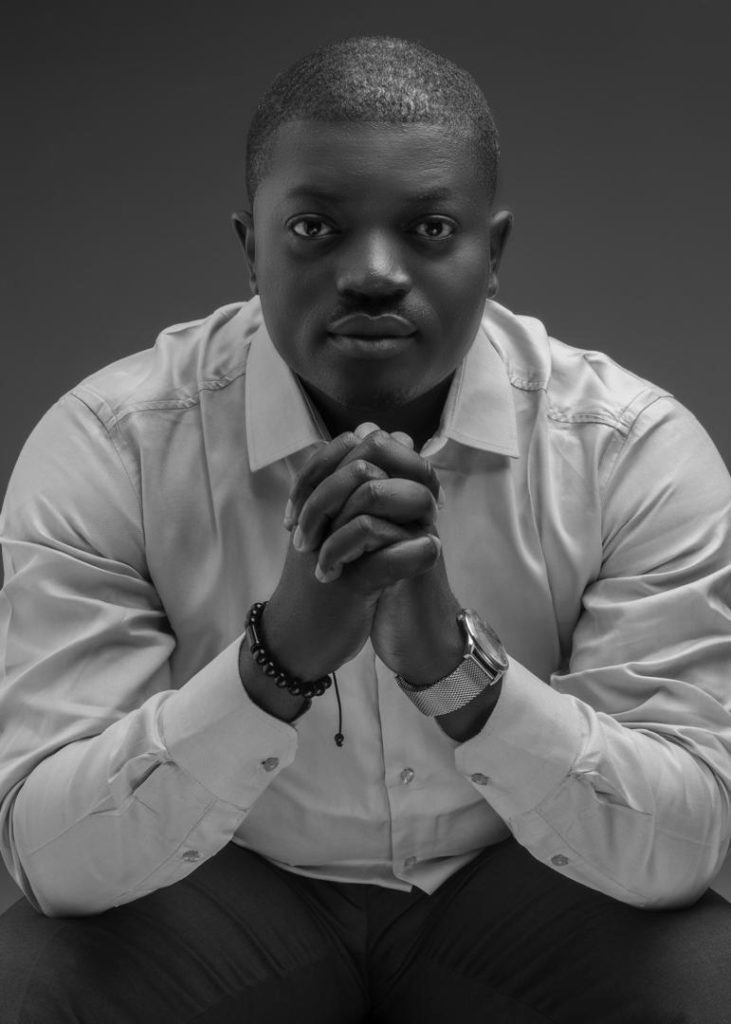Blockchain expert Adesina Ajayi
In a world where politics and social media are inseparable, US-based Nigerian blockchain expert Adesina Ajayi sees blockchain technology reshaping the way we interact with politics and voting. Ajay is at the forefront of a movement advocating for blockchain-based social media platforms to promote more transparent, decentralized, and secure democratic processes. In a recent interview with TechCabal, he shared insights on how blockchain could revolutionize the political landscape and voting systems.
Ajayi, widely known for his pioneering work in blockchain consulting and education, argues that the current social media platforms that have become integral to political campaigns and debates are fundamentally flawed. Its centralized nature, he said, opens the door to manipulation, censorship, and serious data privacy concerns. He believes the solution lies in building blockchain-based social media networks that can eliminate such vulnerabilities through decentralization.
“Traditional social media platforms have become essential in politics, but their centralized structure is dangerous,” Ajayi said. “Governments, corporations, and even individuals can control and influence what we see and hear, making it easier to manipulate public opinion. With blockchain-based platforms, that control The network is decentralized, transparent and independent.”
Ajayi’s views on the flaws of traditional social media platforms reflect growing concerns about data breaches, misinformation and the opaque nature of the algorithms that determine which political messages are amplified. “The lack of transparency on these platforms undermines the democratic process. People don’t understand why some political ads are shown or why certain posts are prioritized; could distort elections and voter opinion,” he explained.
For Ajayi, the decentralized nature of blockchain is key to addressing these issues. “Blockchain provides a way to build social media platforms where there is no central authority manipulating the content. Every post, share, and interaction is recorded on the blockchain, and no one can change the information or tamper with the history. This level of transparency will increase trust and accountability in political communication.”
As Ajayi explains, this vision of blockchain-based social media extends beyond political debate. He sees it as a tool to revolutionize the voting system by addressing long-standing problems such as voter fraud, ballot tampering, and inefficient vote tabulation. “Blockchain technology ensures that every vote is secure, counted correctly and stored on a ledger that no one can tamper with,” Ajayi stressed.
Many experts who are concerned about election interference by foreign organizations also share this opinion. Blockchain-based voting will eliminate the need for intermediaries in elections and create direct participation of voters in the decision-making process. “The beauty of blockchain voting is the trust it builds. Imagine voting from your phone or computer while knowing that your vote is securely registered and verified in real time. We don’t have to worry about tampering or miscounting, and we have absolute confidence in the integrity of the election,” Ajayi said.
Mr. Ajayi’s vision goes beyond elections. He believes blockchain can transform governance by allowing citizens to more actively participate in public decisions. “Governments could use blockchain to create decentralized systems for public opinion polls, legislative decisions, and even local governance,” he noted. “This could lead to a more direct democracy in which citizens can have a say in important political decisions without delays or interference from regular bureaucrats.”
Despite blockchain’s potential, Ajayi recognizes the challenges ahead. Blockchain-based social media and voting systems will face hurdles, from scaling the technology to making it easier for users to navigate these platforms. “We are still in the early stages and there is a lot of work to do to make blockchain available to the masses,” he acknowledged. “The digital divide is real and not everyone has access to these advanced technologies yet.”
However, Ajayi remains optimistic about the future. “Just like blockchain today, there was skepticism when the internet first came out,” he says. “But technology is here to stay. We have already seen how blockchain has transformed industries such as finance, and eventually politics will follow.”


